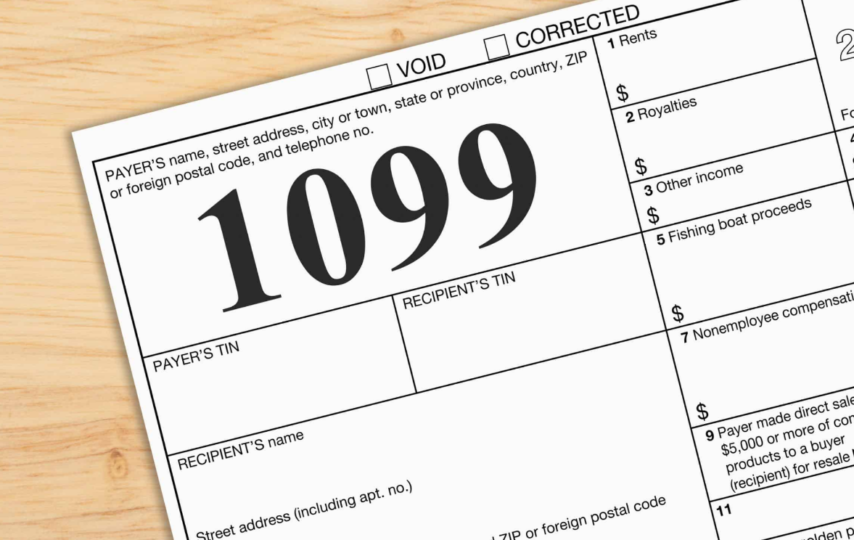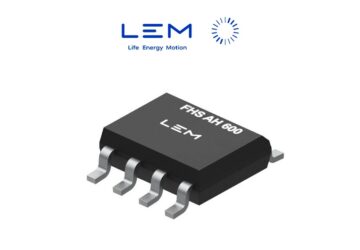Those who are just starting out as independent contractors or small businesses may be familiar with IRS Form 1099. What is it, though? It can be stored and organized in a variety of ways and is an important tax form. You’re expected to pay taxes on all taxable income, even if you’re an independent contractor or freelancer. 1099 forms will help you file your taxes and help you determine your estimated tax payments.
What is this form for and why do I need one?
An “information filing form” for non-salary income is the Internal Revenue Service form called a 1099 tax bracket. A 1099-NEC must be filed if an independent contractor is paid more than $600 in a calendar year.
Other means of income generation include the sale of personal property, the cancellation of credit card debt, tax dividends, prize money, interest income, and IRA payouts. These types of income are reported on forms 1099-MISC, which you can read more about here.
Who is obliged to submit a 1099 form?
If your business hired a contractor and paid them more than $600 in a single calendar year, you are required to give them a 1099-NEC. The payer completes Form 1099.
-There is a $600 cap.
If you pay a freelancer less than $600 throughout the course of the fiscal year, Form 1099-NEC is not necessary.
Despite working as an independent contractor, you are still required to record all of your profits. Even if the customer’s labor cost less than $600, you never received a 1099 for the work you did for them.
If you paid a contractor more than $600 for services, you must submit a Form 1099. There can be a few exceptions.
-Do not send 1099s for business transactions.
It is possible for an independent contractor to register as a C or S firm, but this rarely happens. A corporation-registered contractor is exempt from filing Form 1099.
You may be able to determine a contractor’s incorporation status using the information from a Form W-9. Ask for a contract with the contractor once you’ve engaged them. Remember that corporation names frequently conclude with the prefix “, Inc.” as well.
-There is no need to file 1099s for employees.
The IRS treats employees and non-employees differently. They routinely keep an eye out for business owners who mistakenly identify personnel as independent contractors (usually to avoid paying Social Security and Medicare taxes). This applies to anyone in the gig economy realm.
-For each employee who made more than $600 in pay or tips during the tax year, employers are required to submit a W-2 form.
Heavy fines apply when an employee is incorrectly categorized as an independent contractor. Before submitting a 1099, be sure you understand the distinction between an employee and an independent contractor.
-There is no need to complete 1099 paperwork when hiring contractors through marketplaces.
Two of the most well-known markets for freelancers, Upwork and Fiverr, do not offer tax documentation. Why is this happening, exactly? Due to the fact that they are companies that settle payments These platforms don’t need employers to give 1099-NEC forms to employees who are hired through them.
For freelancers who work on these sites and have transactions totaling more than $20,000 in a calendar year, a form 1099-k will be sent. Otherwise, you have all the information you need in your account to file your taxes. If you want to know how much taxes you might owe, you can use a 1099 tax calculator.
What happens if a company forgets to send you a 1099?
If you are a subcontractor, you must receive a completed Form 1099-NEC from your client by January 31. If you believe you ought to have had your client’s 1099 before the deadline, ask for a copy of it. You’ll require it to file your taxes in April.
Whether or not you receive a Form 1099-NEC, you must still report any income earned on your taxes.
What will happen if you don’t file your 1099 by the due date?
For any 1099 form that is received after the deadline, the IRS will charge the following penalties:
-You can avoid further charges by filing within 30 days for $50.
-If you file after July 31 but prior to August 1, there is a $100 late filing fee.
-Those who file after August 1st will pay $265.
-The fine for knowingly failing to file a statement is $530 per statement, with no upper limit.
You will receive the appropriate punishment if the proper information return is not submitted on time. If you are unable to submit your paperwork by the deadline, you can utilize IRS Form 8809 to request an extension. But the deadline for delivering copies of 1099s to independent contractors remains January 31.
If you’re looking for ways to lower your taxes as a 1099 worker, you can take advantage of tax credits. Tax credits directly lower the amount of taxable income. For example, there’s the 2022 child tax credit and the 2022 education credit.
Filing taxes can be a lot of work and 1099 forms are an important part of the process.








